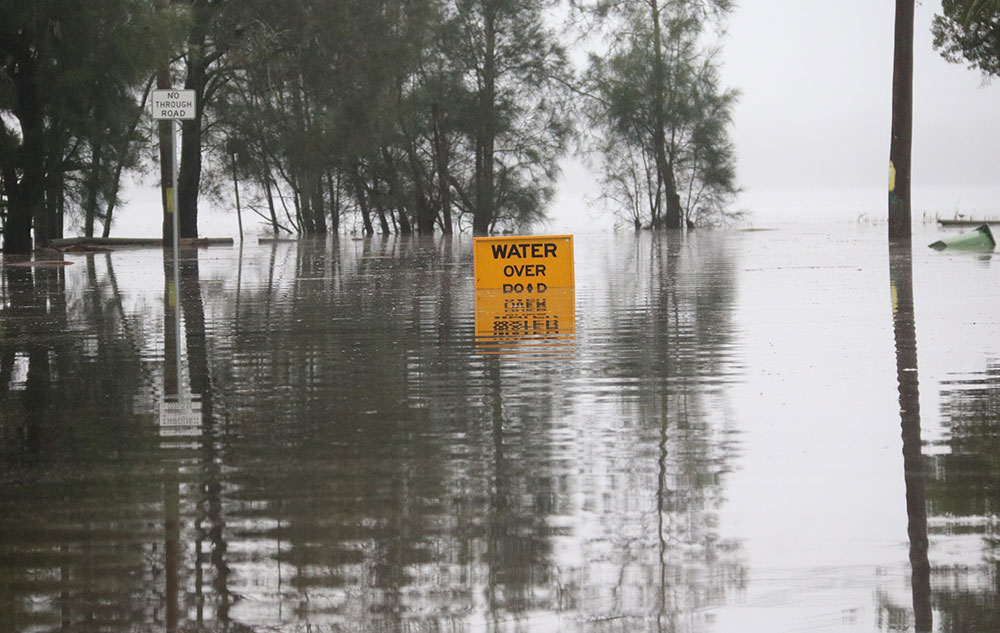
Improve Resilience to Natural Disasters
The scale of natural disasters in recent years, including devastating flooding in the Northern Rivers, sharply illustrates the need to ensure our communities are better prepared for future disasters. LGNSW continues to call for a far greater emphasis on resilience and adaption, including action to address the risks inherent in climate change.
The Budget’s $93.7 million allocation to deliver the Climate Change Adaption Strategy is good news in that the outcomes could help reduce the need for disaster recovery funding. The Strategy is particularly good news for the Canberra Joint Organisation, as it includes a partnership program to deliver the Blueprint for a Resilient South east NSW project. We also welcome recurrent funding for the Flood Management Program, which allows councils to plan for and mitigate future flooding risk, to prevent the kind of community devastation we saw this year in the Northern Rivers.
Some $145 million has been allocated to “build back better” the water and sewage infrastructure for impacted councils on the state’s far north coast, although this funding is drawn from the total of $3.5 billion in joint State and Federal recovery assistance.
A four-year, $315.2 million allocation to implement the recommendations of the NSW Bushfire Inquiry and a $598 million boost for fire management in national parks are two positive steps forward under this local government priority, although we remain deeply concerned about the cost implications for councils given substantial increases in the ESL could flow from this commitment.
Other Budget allocations relevant to improved resilience include:
- $139.4 million ($148.4 million recurrent expenses over two years) to manage the clean-up and removal of flood and storm related damage, debris and green waste resulting from the February and March 2022 floods
- $312.5 million to deliver State and local government transport infrastructure resilience improvements to reinforce and upgrade infrastructure and assets
- $465.7 million drawn from the Climate Change Fund, which includes funding to deliver the Net Zero Plan Stage 1: 2020-2030 and support the Electricity Infrastructure Roadmap.
However, a mere $0.6 million will support the development and implementation of additional coastal management programs, and this is expected to be limited to council areas formerly listed as erosion hotspots.
Similarly, the $38 million allocated to Electric Vehicle Infrastructure will be spread across the state and its focus on medium-to-large apartment buildings and kerbside charge points on residential streets suggests there will be limited further assistance to rural and regional councils this year beyond the already-announced $20 million for chargers at regional business and tourist locations.
It’s disappointing that the Budget has also failed to recognise the need for urban greening and cooling in our regional centres, despite climate projections of more frequent and severe heatwaves across the state.
BACK TO NEWS